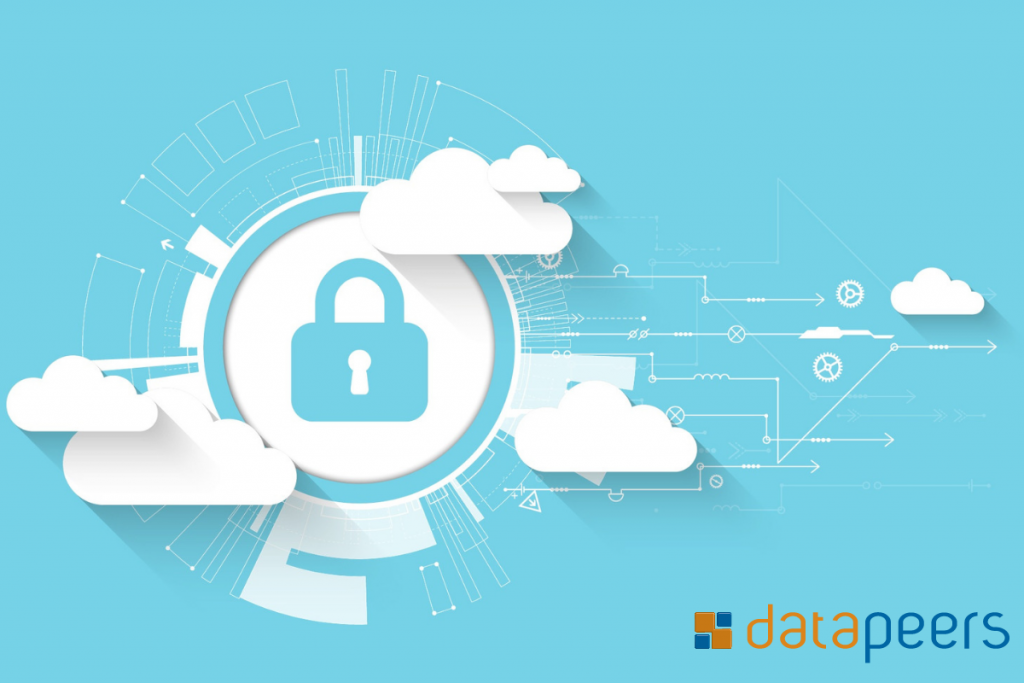6 essential data protection practices in 2019
Data protection is a topic that requires a lot of attention from managers and IT managers in organizations. Increasingly there are sophisticated forms of data theft and legislation requires companies to protect the personal data of their customers and other stakeholders. However much a company protects your information, unfortunately nothing can guarantee you that it stays protected forever. Nevertheless, there are solutions and practices that drastically reduce the likelihood of theft and loss of data. In today’s article, we selected 6 essential data protection practices in 2019!
Data masking
Masking the data has the main purpose of protecting confidential data against unauthorized access. In practice, data masking tools create a version similar to the original data in terms of structure but without revealing its true information. In fact, its original format remains unchanged but the data presented is fictitious. Masked data can be used in test and auditing environments without compromising the result of the analysis, but always ensuring the confidentiality of sensitive information. In a time when it is increasingly important to protect sensitive information, the use of data masking has increased significantly. The main reason and one that should be the focus of your performance as a manager is the enhanced security of the data. With data masking you can use sensitive data in test environments and ensure that confidential information remains unabated. This masked information may be used for marketing and auditing purposes, as well as for analyzes of consumer behavior and market trends.
Create a rigid security policy
The security policy is a document developed by the company that records the principles of security that the company adopts and that must be followed by the employees. The security policy should be applied to all information systems, both desktop and mobile. For policy to be respected, it is essential that top managers participate in its implementation.
Avoid using removable devices
Pens, CD’s and external disks may contain malicious material that harms the company and are often in contact with various equipment. Also, sharing data with people outside of your business can seriously compromise data security. However, it is virtually impossible to completely eliminate these devices from your employees. It is difficult to completely eliminate the use of these devices but you can and you should implement rules that minimize the risk of data loss, such as the requirement to pass the antivirus before opening a pen, for example. This helps ensure information protection.
Use VPN connection
A VPN network is a virtual private network that transmits encrypted data as it navigates from one point to another in the Web world. Connecting through VPN enables the user to browse websites securely and privately. VPN connections are increasingly used as they allow remote access to local files and is a safe way to browse through public Wi-Fi networks. This type of connection has gained increasing importance due to increased labor mobility. Today, employees send e-mails and share files from anywhere, so it’s essential to apply this rule to companies.
Perform regular backup and use a disaster recovery solution
It is essential to keep a copy of all the data that exists in the company, as this ensures that even in situations of attack information is not lost. However, it is important to note that these copies should be stored on separate servers, because if they are all in the same location, they will eventually lose everything. Backing up your data in the Cloud is an excellent choice. Often, mobile phones and tablets are neglected and left out of these policies, but this is a mistake that can compromise the entire business because mobile devices are heavily exposed to threats and store important information that falls into the wrong hands. business at risk. We also advise you to use a disaster recovery solution. RAAS is a disaster recovery service totally managed by specialized equipment and gives you the possibility to recover a virtual server in seconds.
Automate as many tasks as possible
Many tasks in the area of information technologies are quite repetitive, which leads to demotivation by human resources and increases the probability of failures on the part of these. Automating processes is a way to reduce IT costs, as it is not necessary to highlight a collaborator to be exclusively dedicated to monotonous tasks. Automation reduces the time that the tasks take to execute and decreases the probability of human error. This is one of the most effective safety precautions you can implement.


About the author